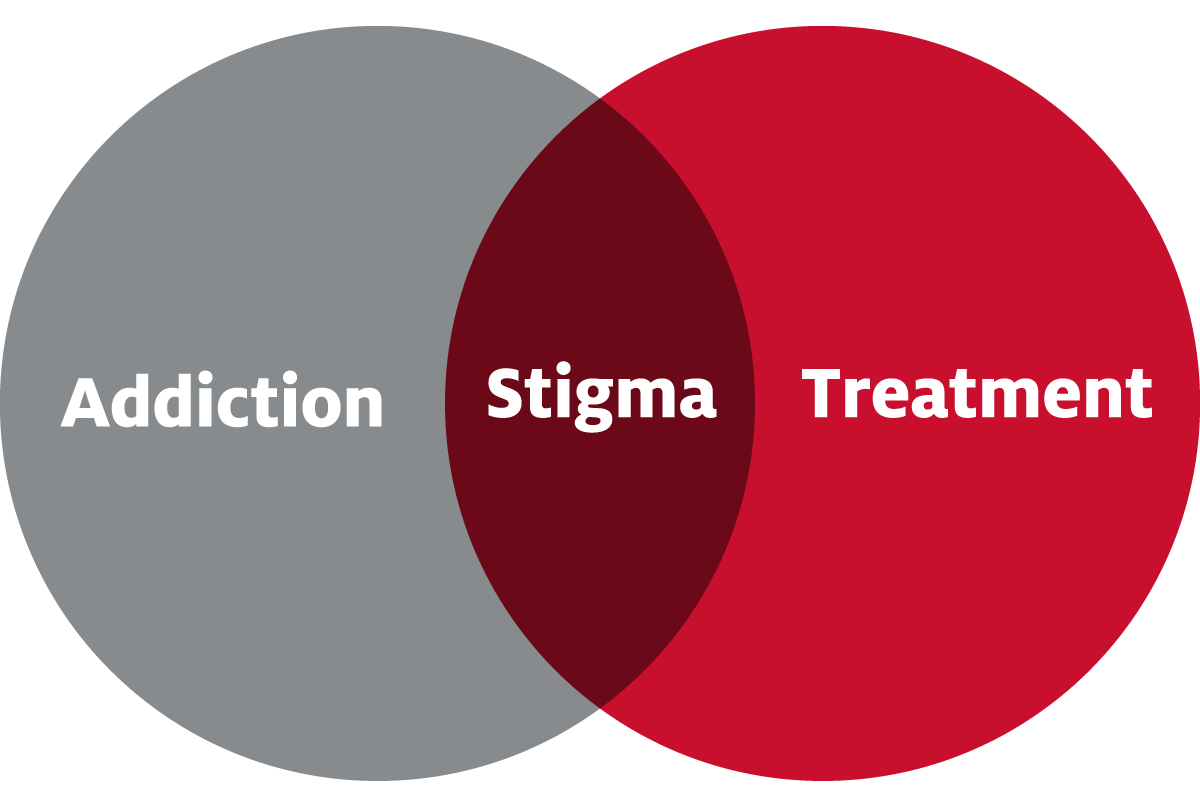Too close to Recovery
Proximity to drug treatment facilities may not encourage users to seek help

Conventional wisdom may indicate that the closer a drug treatment facility is to a person needing those services, the more likely the drug user is to utilize its resources for recovery. However, a study from the University of Houston Graduate College of Social Work suggests the opposite might be true.
The study, funded by the National Institute on Drug Abuse (NIDA), examined 219 Hispanic men, 45 years of age and older who were injecting and noninjecting heroin users. Using geographic information systems (GIS), researchers looked at the geographical location of services and its effects on a person’s risk of future drug use and ability or willingness to access those services.
“We found that individuals who lived closer to services were less worried about injecting in the future,” said Patrick Bordnick, professor and co-investigator of the study. “But at the same time, those living closer to services and in areas with greater density of services reported a higher chance of injecting in the future.”
The study also found that those having more access to facilities were more likely to buy heroin inside rather than outside the neighborhood.
Bordnick says the counterintuitive trends are rooted in the stigma associated with addiction and treatment. The stigma’s effects may be heightened for Hispanic and other minority groups, where seeking treatment could be viewed as a weakness. By moving into the neighborhoods they aim to serve, treatment facilities may enhance the stigma and consequently increase drug abuse behaviors.
While underscoring the need for additional research on the link between the geographic location of drug treatment facilities and their use, the study advises those involved in treatment facilities to remain attentive to the cultural needs of at-risk communities and to promote all-encompassing treatment plans that support a patient’s recovery. This would help reduce the stigma of seeking recovery from addiction and increase health among ethnic minorities.
Next Story:
Advancing Superconductor Manufacturing
The University of Houston will lead plans for an Advanced Superconductor Manufacturing Institute, aimed at speeding the full commercialization of high-temperature superconductors …